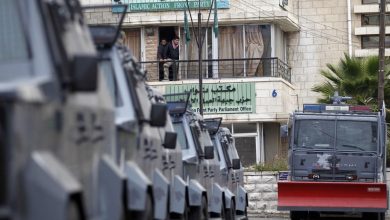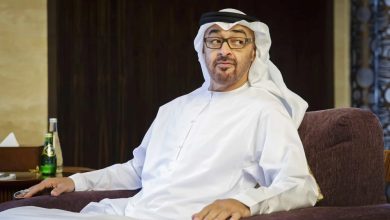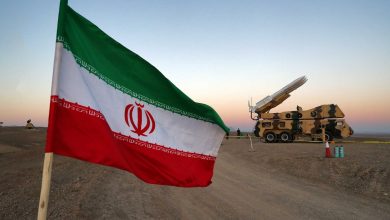Sebastian Kurz’s UAE Ties Spark Scandal Over Hidden Business and Surveillance Links
Former Austrian chancellor’s secretive role with UAE energy firms and spyware-linked ventures raises concerns over political influence and misuse of European platforms.

Watan-European media outlets have revealed the hidden details of suspicious relationships and conflicts of interest between former Austrian Chancellor Sebastian Kurz and the UAE. These revelations include the use of shell companies to facilitate illegal economic and political activities and open doors to political and technological influence in Europe.
It emerged that Kurz holds a senior executive position in a government-owned company in Abu Dhabi. During his tenure as Austria’s chancellor, he signed a hydrogen energy partnership with Abu Dhabi, and later joined the European branch of the Emirati company. However, this affiliation is not mentioned on his official website.
According to Der Standard, oil-rich Abu Dhabi is a global leader in renewable energy investment and aims to become “the world capital of clean energy and green hydrogen,” a vision driven by its flagship renewable energy company, Masdar.
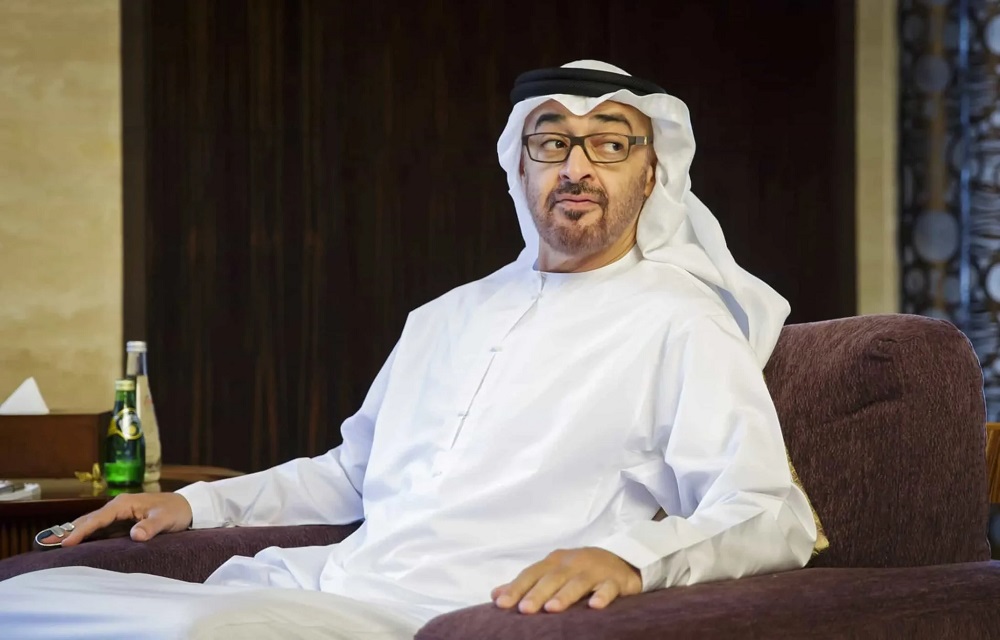
Masdar was founded in 2006 to advance energy transformation. Today, it is regarded as one of the world’s largest investors in renewable energy, operating in more than 40 countries with investments totaling around €260 million.
In addition to its UAE operations, Masdar has a European branch based in Amsterdam, from which it oversees projects across Europe, including solar plants in Poland and offshore wind farms in Scotland, London, and Montenegro.
According to official data, Kurz now serves as a director at Masdar’s European branch. His appointment came roughly six months after he stepped down as chancellor, but details regarding his hiring process or salary remain undisclosed.
The public was unaware of this role until now, as it has not been disclosed on the website of his private consultancy. Questions remain unanswered about how the role came to be, what Kurz is paid, and whether the position is connected to his political work while in office.
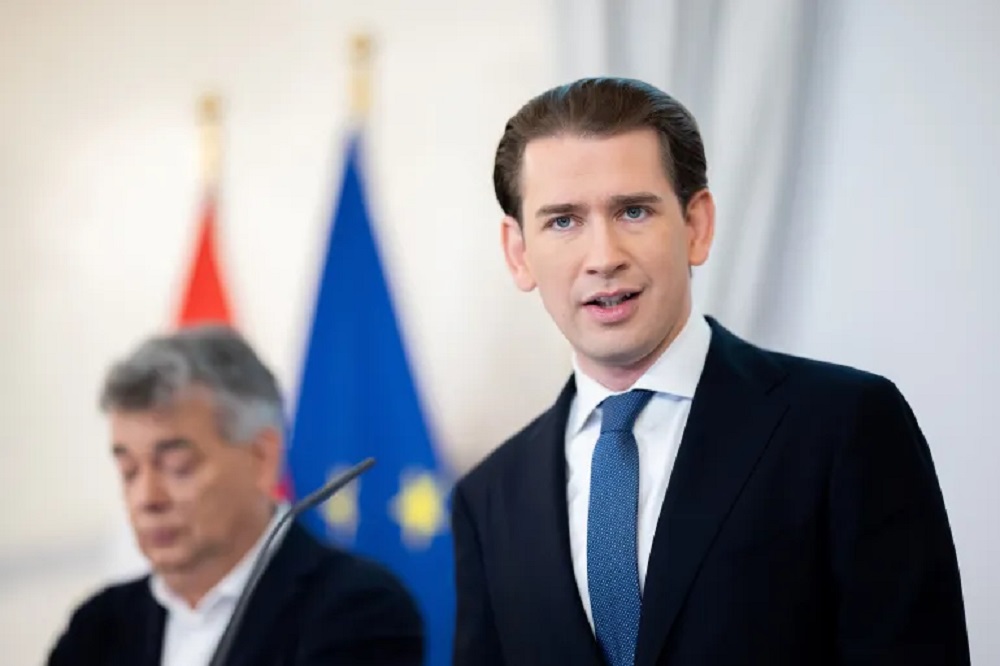
Previously, the Austrian newspaper Kurier reported that Kurz has extensive business ties in the Arab world, especially with the rulers of the UAE.
The paper stated that Kurz joined ADNOC as an advisor but declined to comment on his business dealings or relationships in the Gulf.
Kurier also dismissed the notion that Kurz had a role in the planned acquisition deal involving Austria’s OMV oil and gas company, where ADNOC aims to buy Borealis, a plastic company worth billions.
Among the paper’s evidence is that Bernhard Bonelli, Kurz’s former chief of staff, is still closely involved with him. Bonelli worked independently as a consultant in 2022, alongside Rainer Seele, former CEO of OMV, who now advises Al Jaber Group. Kurz and Seele had a strong relationship in Vienna.
The article also highlighted that Etienne Berchtold, Kurz’s former foreign policy spokesperson, has become Austria’s active ambassador to the UAE. Commentators noted that Berchtold’s appointment came shortly after Kurz left office, implying potential political motivations.
Further, Seele now holds a part-time board position at Bahrain’s national oil company. He was joined by Johann Pleininger, OMV’s former deputy CEO, after OMV declined to renew his contract during the COVID-19 crisis.
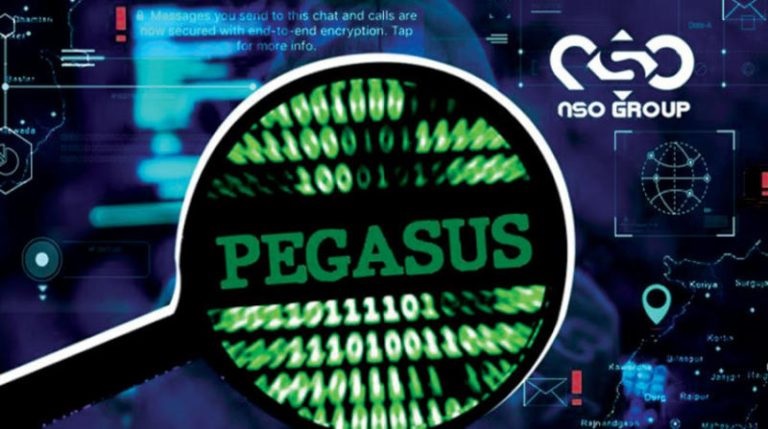
The paper recalled a Der Standard report noting that Kurz helped Austrian businessman René Benko, founder of Signa Holding, to find Middle Eastern investors. Benko reportedly gained access to Abu Dhabi largely thanks to Kurz’s connections.
Additionally, Kurz has been linked to Israel’s cybersecurity sector. He co-founded a startup named Dream Security with Israeli businessman Shalev Hulio, known for developing the controversial Pegasus spyware. The new company aims to build AI-based cybersecurity platforms to protect critical infrastructure from cyberattacks.
Across Kurz’s various ventures, the UAE has consistently appeared as a key backer, particularly through Masdar Solar & Wind Coöperatief U.A., a Dutch-registered entity of Masdar. The company’s address in Rotterdam is used by over 900 businesses, a sign of a shell company setup often used for opaque international financing.
Kurz has cultivated close ties with the UAE leadership and was a guest at the 2025 World Government Summit in Dubai. There, he met high-ranking figures like Sultan Al Jaber, UAE Minister of Industry and head of Masdar, as well as other influential figures in energy and sovereign investment.
This highlights the UAE’s role not only as a financier but also as a political sponsor of Kurz’s new ventures in cybersecurity and international finance.
European media also revealed that the UAE provided support to Kurz’s partners in the surveillance industry, particularly Hulio, founder of NSO (Pegasus developer), who previously received UAE assistance in marketing and deploying spyware.
What raises concerns is that Kurz’s new project, Dream Security, appears to rely on similar technologies that could potentially be used for the same purposes—strengthening suspicions that the UAE is facilitating the transfer of surveillance technologies via shell companies, while expanding its political and tech influence in Europe through Kurz and his network.




